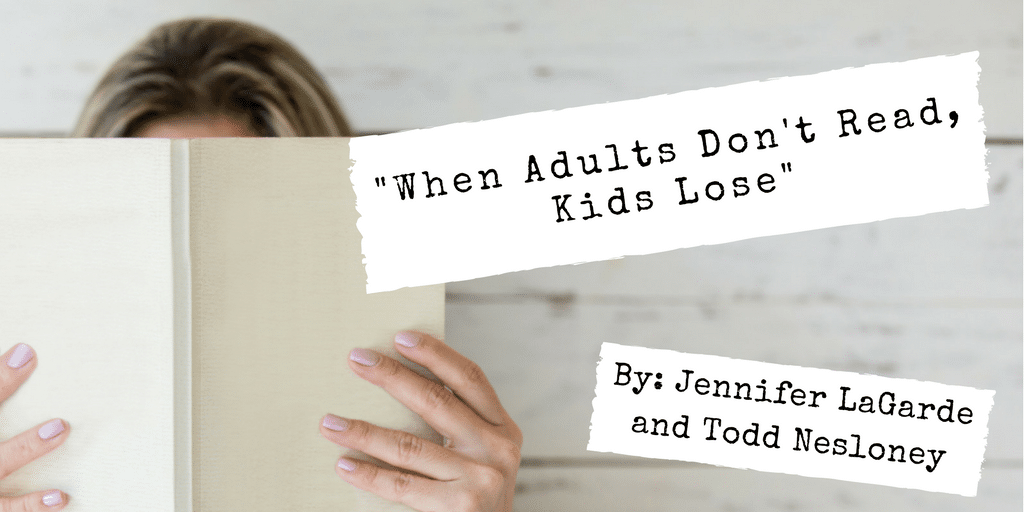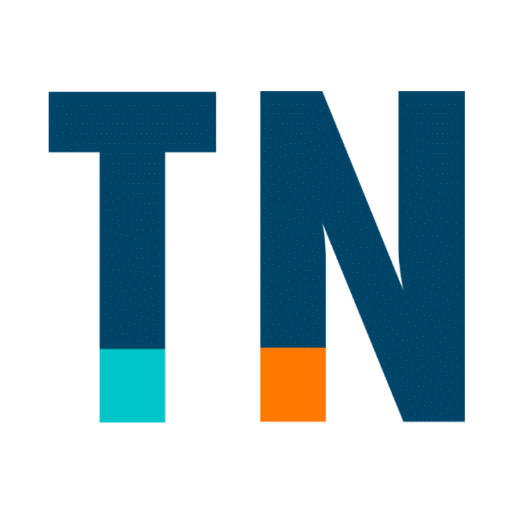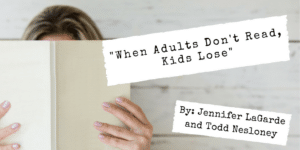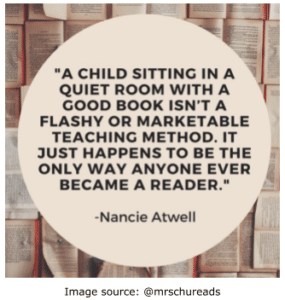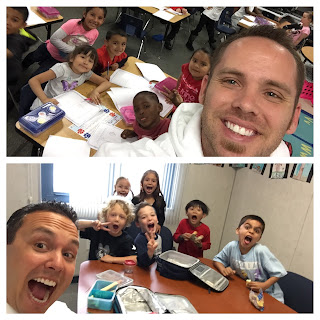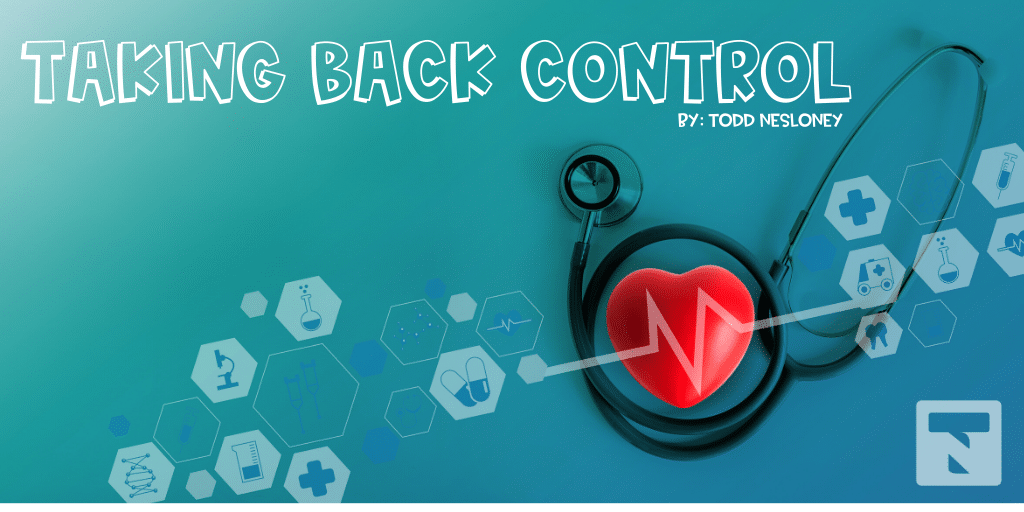When Adults Don’t Read, Kids Lose #KidsDeserveIt
This post was co-written with Jennifer LaGarde. You can check out her blog HERE.
Helping students create and grow authentic reading lives, is one of our most important jobs as educators. The research on this topic is very clear: Children between the ages of 10 and 16 who read for pleasure make more progress in vocabulary, spelling, and math than those who rarely read. (Sullivan & Brown, 2013) Further, we know that volume matters. Students need enormous quantities of successful reading to become independent, proficient readers. (Atwell, 2007; Worthy & Roser, 2010; Gallagher, 2009; Kittle, 2013; Miller, 2009; 2013) This is important. The recipe for growing readers really isn’t that complicated. First, give students access to many, many books. Then allow them to select the titles that interest them and with which they will experience great success. And then, let them read. Boom! As the old saying goes, this isn’t rocket science, y’all. And yet, in schools across America, students are being subjected to prescribed reading programs that we know don’t work. (Krashen 2003) These programs often require students to select books based on computer generated levels. Further, they reduce reading to a task that only matters if it’s accompanied by an assessment. What’s more, they allow teachers to assign texts to students without having a knowledge of children’s or young adult literature and, most crucially, without ever having a conversation about books and reading with their students. And while some innovative and brave school leaders are eradicating these programs from their schools (“Why We Are Moving on From AR” and “No AR? No Big Deal”) in favor of more authentic approaches, too many still cling to the familiarity of prescribed reading programs, which leaves us with one nagging question…. WHY?
Obviously, there are probably many answers to this question, but one possible reason may lie in the reality that far too many educators don’t have reading lives of their own. In short, it takes a reader to grow a reader. That said, we get it: educators are busy. But that’s no excuse. The reality is, we prioritize what we value. We all make time for the things we know are important. But here’s the thing, y’all: this is important. It’s time for educators to make their own reading lives a priority so that they can, in turn, help students grow their own. Here are a few tips to help all educators unlock the reader inside them that’s just waiting to get out!
- Increase your own access to books:
- Visit your school library and become BFFs with the librarian. He or she will hook you up with the titles your students can’t get enough of.
- Get a public library card!
- Join a service like Owlcrate and just wait for new books to arrive at your doorstep!
- Visit (or create!) a Little Free Library in your neighborhood!
- Schedule time for reading:
- When something is important to us, we put it on our calendars. Just as you block out time to go to the gym or to get a haircut, devote some time to reading. Just a few minutes a day is enough to get you on your way! It won’t be long before reading just becomes a regular and important part of your routine.
- Harness the power of social media to create a reading community:
- Join a traditional or virtual book club. Follow hashtags like #booksnaps, #2jennsbookclub #nerdybookclub #sparksinthedark #booklove #yearofYA or #bookaday for book inspiration and recommendations OR to share your own!
- Forget your reading level:
- Real readers do not select books on their “reading level.” When you go to the book store, there are no dots on the spine to let you know if the book is appropriate for you. Pick books based on what you love, or what you think your students would love. Let your interests be your guide and you won’t go wrong, but…
- Move on from those books that you start reading but aren’t enjoying:
- You’ll know when you’ve found a book that just isn’t for you. Give yourself permission to move onto the next one. There’s no shame in your game.
- Always have a book with you:
- If you always have a (physical, digital or audio) book with you, when some time presents itself, you’ll be ready!
- Let your reading geek flag fly:
- Passion is contagious! And while your students (or other colleagues) might not love all of the same books you do, they WILL love how passionate you are about them. What’s more, they’ll learn through your example that it’s okay to love something enough to completely geek out about it!
- Talk about what you’re reading with others:
- Reading is a social activity. While reading alone in a comfy chair may be really satisfying, the moment we happen upon a passage or character that moves us, makes us laugh/cry or challenges us in some way, our first instinct is to share it. So, find some friends and get your chat on!
- Create a Goodreads account.
- Start (or join) a Voxer group to chat about what you’re reading!
- Advertise the books you’re currently reading:
- Put a sign on your classroom door.
- Add a line to your email signature.
- Wear a sticker on your shirt (Mr. Schu Style!).
- Make the cover of your current read your cover image on Facebook or Twitter or Instagram, etc.
- Understand that listening to an audio book is also reading:
- Listening to a book is not cheating. Plus, it helps you utilize all the time you spend in the car or on the treadmill.
- Many public libraries have digital audiobooks available for checkout, or…
- Skip that latte a couple of times a week and splurge on an audible account instead!
- Ask others for advice on what books to read:
- Find some people whose recommendations you trust and ask them what to read next.
- Be that person for someone else.
- Finally, remember that all of these tips are good for students too! A good rule of thumb is this: if you wouldn’t do it as a real reader, you shouldn’t ask your students to do it. OR if you must employ some scaffolding to help students develop the skills they need to grow authentic reading lives, remember, scaffolding is meant to come down.
The bottom line is this: your students need and deserve for you to be their independent reading champion. Reading changes lives. Not only is reading the fundamental skill that underpins all learning, but it’s also a crucial component in the development in a curious mind, a gentle spirit and a loving and empathetic heart. And our world desperately needs more of those things. It only takes finding that one book to help a child understand, for the first time, that it’s okay to be who they are. Or conversely, that it’s also okay to be completely different. Books open worlds of hope and possibility. When a child (or adult) is immersed in characters and stories, they are immersed in everything that makes up the vast human experience. And it is through that immersion that we become better at understanding both ourselves and others.
In her acceptance speech for the 2017 Newbery Award (for The Girl Who Drank The Moon), Kelly Barnhill famously said, “We need stories that are mirrors so that any kid can see herself clearly. We need stories that are bright lamps, shining hope and light in a troubled world. We need stories that are bridges and roads, connecting that which we know to that which we do not; stories that are safe harbors and welcoming sanctuaries; stories that are armor and shield, friend and companion; stories that free prisoners, heal the harmed, teach the ignorant, and feed our aching souls.” To that we would add that we also need teachers, whose lives are rich with stories, so that they might be the thing that connects children to that very singular and crucial light.
So… what are you waiting for? Get, reading!


